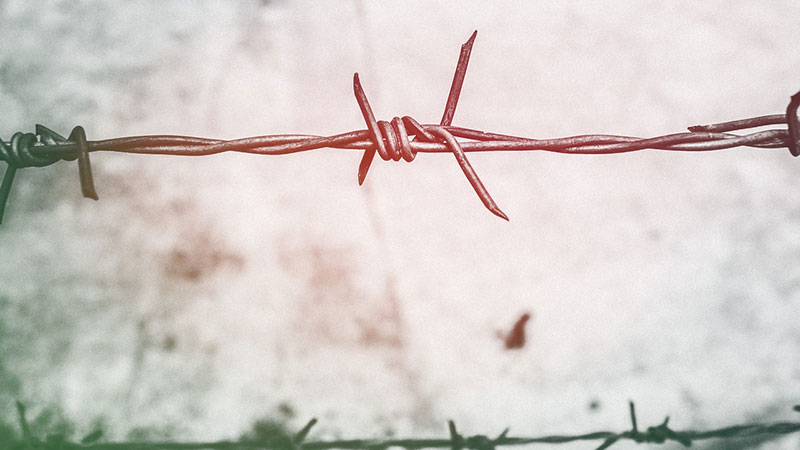Richard’s research led the UN and other intergovernmental anti-torture bodies to change their policy and practice, shifting away from monitoring detention facilities towards a focus on prevention at the earliest opportunity.
He and his research partner, Dr Lisa Handley, were invited to discuss their findings at the relevant committees of the UN and Council of Europe, and consulted closely with then UN Special Rapporteur on Torture, Professor Juan Méndez. In 2018, Richard gave the keynote speech at an international seminar bringing together more than 20 member states of the Council of Europe, discussing the project findings.
As a result of its influence on the training and advice given by the UN Subcommittee on Prevention of Torture and the Association for the Prevention of Torture, Richard’s research has positively influenced the work of several national preventative mechanisms established under the Optional Protocol to the UN Convention Against Torture, including those in the UK and Georgia. In Uruguay, the findings form the basis for monitoring police custody; in Ethiopia, Arba Minch University law school modified its legal aid strategy to emphasise provision of duty lawyers within police lockups; and the South-Eastern Europe group of national preventative mechanisms has established a training programme based on the research.
Several leading NGOs working against torture also changed their strategic priorities to increase focus on the monitoring of people in police custody. These included the APT and the Danish Institute Against Torture (DIGNITY). In 2016, strongly influenced by Richard’s findings, the torture prevention department of the Ludwig Boltzmann Institute of Human Rights (BIM) in Vienna set up a research programme on the procedural rights of suspects, which reinforced the importance of procedural safeguards not only as components of the right to a fair trial, but also as a measure to prevent torture and other forms of ill-treatment.

